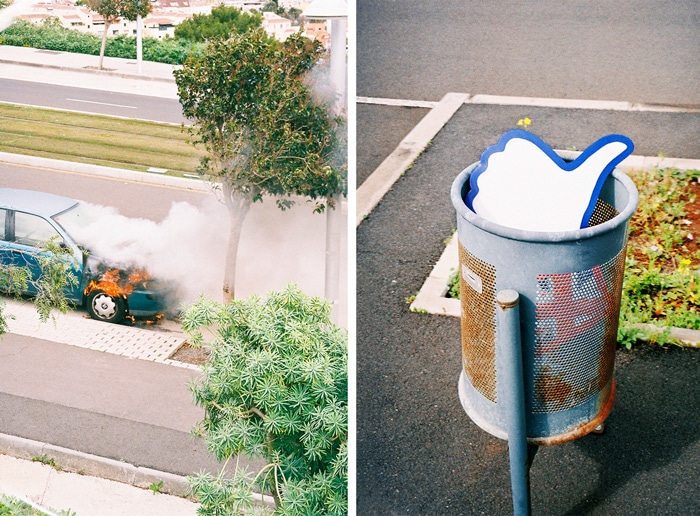The U.S. midterms: after the likes and shares comes the work

The midterm elections are finally behind us. As we reflect and examine the factors that shaped the race in the past few months, social media emerges as one of the key players. Much like in 2016, social media platforms such as Facebook, Instagram, and Twitter constituted the beating heart of the election campaigns and functioned as the primary source of information for many Americans. It now seems utterly frivolous to imagine social media could ever be excluded from political races.
Using social media as a main campaign tool certainly has its advantages, particularly when it comes to interacting with potential voters. Both Republicans and Democrats, even the most archaic amongst them, have understood the power of social media when it comes to campaigning. In an interview for the New York Times, Tim Lin, a Democratic digital consultant said, “Facebook is the most widespread platform, and for campaigns, it’s like broadcast television… You have so much reach, and so many ad units, and probably more eyeballs than anywhere else.” Democrats have been particularly generous when it came to investment in their social media presence and many of the small dollar contributions their grass roots candidates have managed to secure were spent on Facebook and Instagram ads. To an extent, this paid off, as many candidates found the different social media platforms to be effective tools with which to reach their voters. Let us not forget, of course, that social media (and Facebook particularly), has given us Beto O’Rourke, who based his entire campaign initially on social media. While he didn’t win the race, the massive turn out he enjoyed sure rattled the Republican hegemony in Texas and initiated a Blue Wave in the Southern state which will doubtedly be quelled anytime soon.
Until the very last minute in 2016, polls and pundits have deemed Trump an inevitable failure, even though his social media presence indicated otherwise; in retrospect, a serious consideration of the president’s social media activity could have predicted the horrors to come. The role of social media as an imperfect yet legitimate forecast tool of election results has been confirmed by a New York Times research which analysed the interactions of Republican and Democratic candidates on Facebook, Instagram, and Twitter. While overall Democrats’ popularity on social media was much higher, a breakdown of the survey’s statistics portrays a picture similar to the actual results. It appears that Democrats are far more popular on Instagram (whose users, as their voters, tend to be younger and generally more liberal) while Republicans perform better on Facebook (popular among older and conservative people as well as rural users). According to the survey, once the three Democratic senators who enjoy ‘superstar’ status (Sanders, Warren, and O’Rourke) were removed from the equation, a clear Republican lead could be seen in terms of the number of Facebook interactions Senate candidates had prior to the election (they, indeed, went on to win the Senate).
But for all its advantages as a hub of political campaigning, social media still bears some serious flaws in this respect. Social media content is still catered to the perceived stance of each user, which limits the number of opinions and views one is exposed to and maintains them in a siloed socio-political bubble. Furthermore, misinformation is still prevalent on these platforms and although social media companies have patted themselves on the back following the midterms, claiming they have successfully eradicated fake news from their platforms and blocked all interference attempts, such proclamations are impossible to corroborate.
It is crucial that people do not let the new role of social media in the political world distract them from consistent and responsible civic engagement. Americans shouldn’t let voting become yet another social media trend that dissipates following the elections, for the real work begins the day after. It should be acknowledged that flooding the virtual realm with ads and posts and podcasts and articles does not guarantee the inclusion of the other half of eligible voters who chose not to cast their ballots this week, and that other outreach methods must be further explored. Finally, as the nation morphs social media into the mecca of socio-political discourse, it is important to remember that real change emerges in classrooms and homes and familial conversations, where the future generation of voters get their initial exposure to the world of politics and understand the critical role they play in shaping it.




